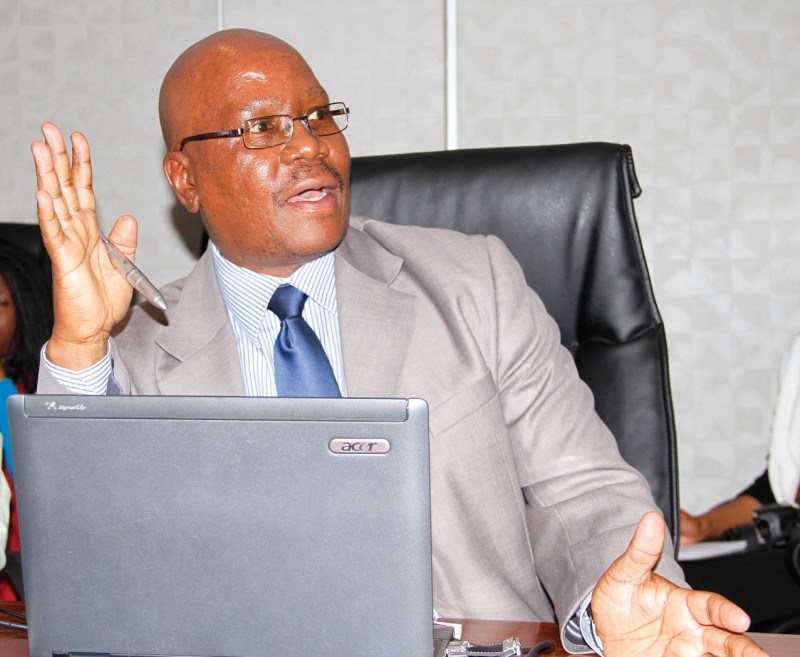Morupule B repairs to cost P1.5bn
Baboki Kayawe | Wednesday June 24, 2015 15:16


Government has short and long-term repair plans for the troubled power plant, which will take between 10 months and three years respectively. It is expected that by 2019, together with other developments, the country will be self sufficient in electricity.
Appearing before a hostile Statutory Bodies and State Enterprise Committee yesterday, Raleru revealed that an additional P1.2 billion was needed for the remediation exercise, which has come about as a result of poor workmanship, lack of compliance to the design and the use of poor quality material.
The initial cost of Morupule B was pegged at between P8 and P9 billion at the time of its construction in 2009. “It is not fulfilling its mandate in terms of power supply, but once the gaps and defects have been remediated the project will be sustainable,” he said. Raleru said since the station was not fulfilling its power production and supply mandate, there was no value at the moment. He said the power station would have value after the planned short and long-term repairs. As legislators demanded to know whether the station was fixable or whether it was even worth fixing, Raleru said expert analysis had shown that there was no need to shut the facility down.
“It wouldn’t make sense to give up on the plant,” he said. “It is capable of serving the economy for quite a long time and only the boiler area is defective. It is easy and affordable to repair.”
Bonnington South legislator, Ndaba Gaolathe asked whether the BPC was an efficient entity to which Raleru said different studies had shown that the Corporation was doing well in terms of power transmission though it was falling short in electricity generation. Raleru also told the committee that the BPC is presently suffering losses of between 30 and 40 percent per unit of power sold, pointing to a need for tariff increase.
He said there is an imbalance as the tariff regime disregards generation and electricity import costs. Raleru said while the BPC has received subsidies from government, an efficient tariff regime is critical for sustainable operations.
